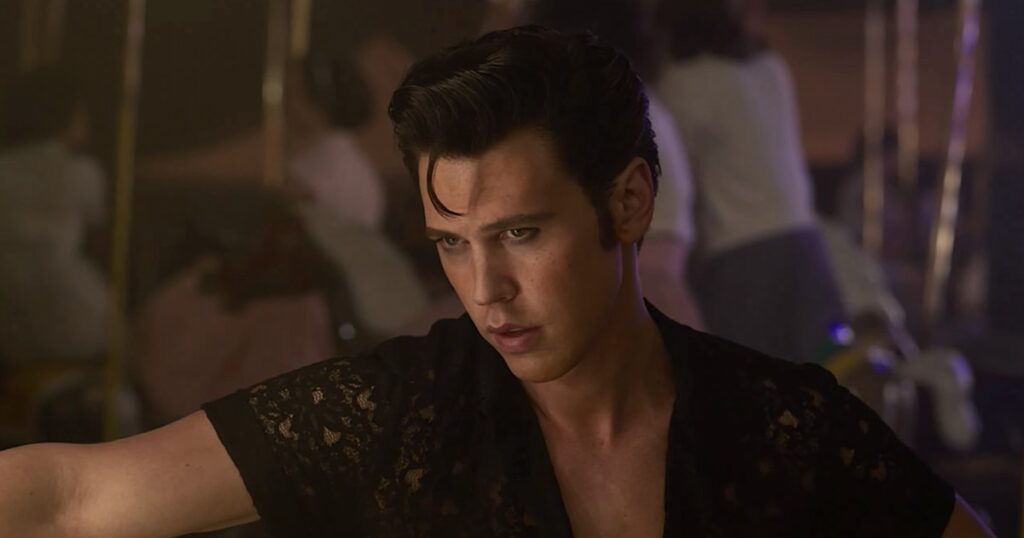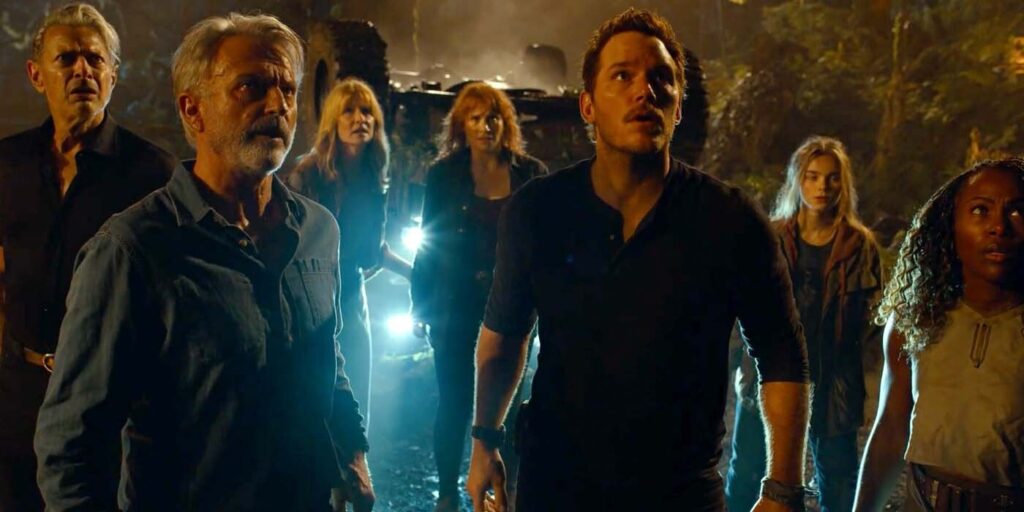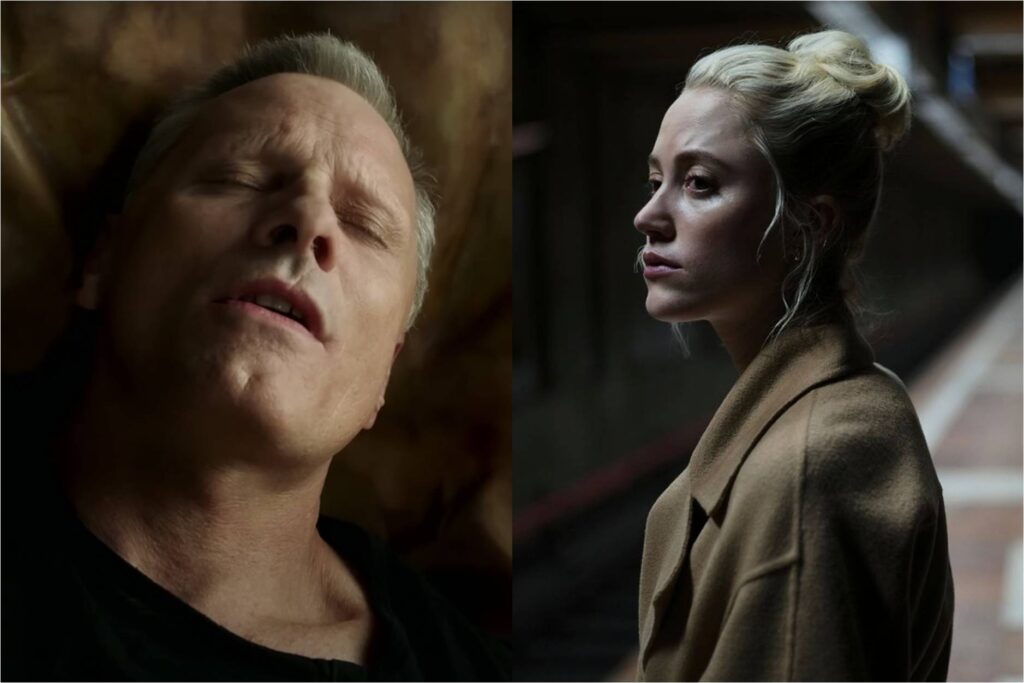Elvis: All the King’s Remorses

Can a movie be exhilarating and tedious at the same time? Elvis, the biopic about an American icon (Elvis Presley) from an Australian director (Baz Luhrmann), is a vigorous and exhausting work, 159 minutes of bright lights and raucous noise and extravagant camera moves. It is also oddly boring, struggling to derail itself from the rigid train tracks that most pictures of its ilk travel upon. It has become fashionable, and a bit too cute, for critics to deride docudramas of musical genius as unwittingly earnest reproductions of Walk Hard, the 2007 parody that skewered the genre with John C. Reilly singing ditties like “You Got to Love Your Negro Man.” Elvis is too vibrant and enthusiastic and just plain expensive-looking to be dismissed as repetitive boilerplate. Yet its story—of greatness discovered, burnished, troubled, and exploited—is too typical to be memorable.
Its narrative trajectory may be tiresome, but visually speaking, Elvis is not dull. Never one for restraint, Luhrmann hurtles through his material with aggressive, often excessive verve, stitching together cacophonous sequences with music-video impatience. There are times, especially during the opening act—which finds the louche Colonel Tom Parker (Tom Hanks) narrating the film’s events in flashback as he lies in a hospital bed and imagines himself wandering through garish casinos with a drip in his arm—when this hyperactivity can feel overwhelming, like a Broadway production by way of Michael Bay. Still, the movie’s style is consonant with its subject, creating a feedback loop of restless energy. It’s fitting, if perhaps predictable, that Elvis feels most alive whenever Elvis is on stage feeling lively. Read More




